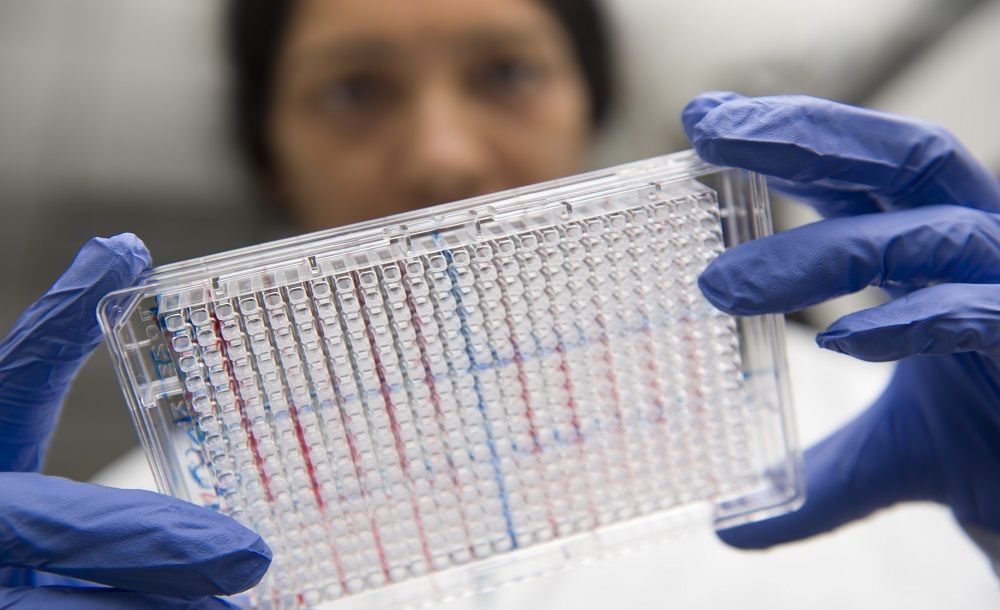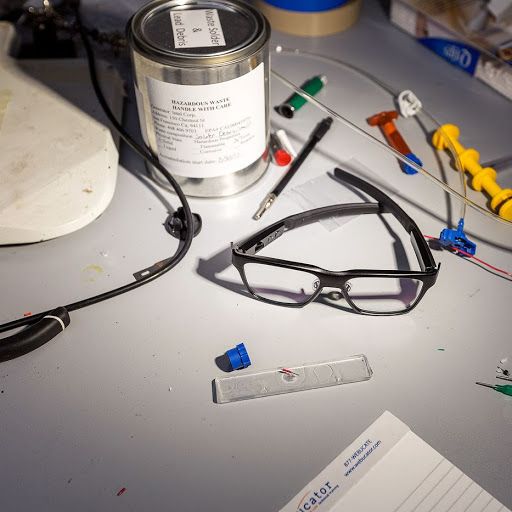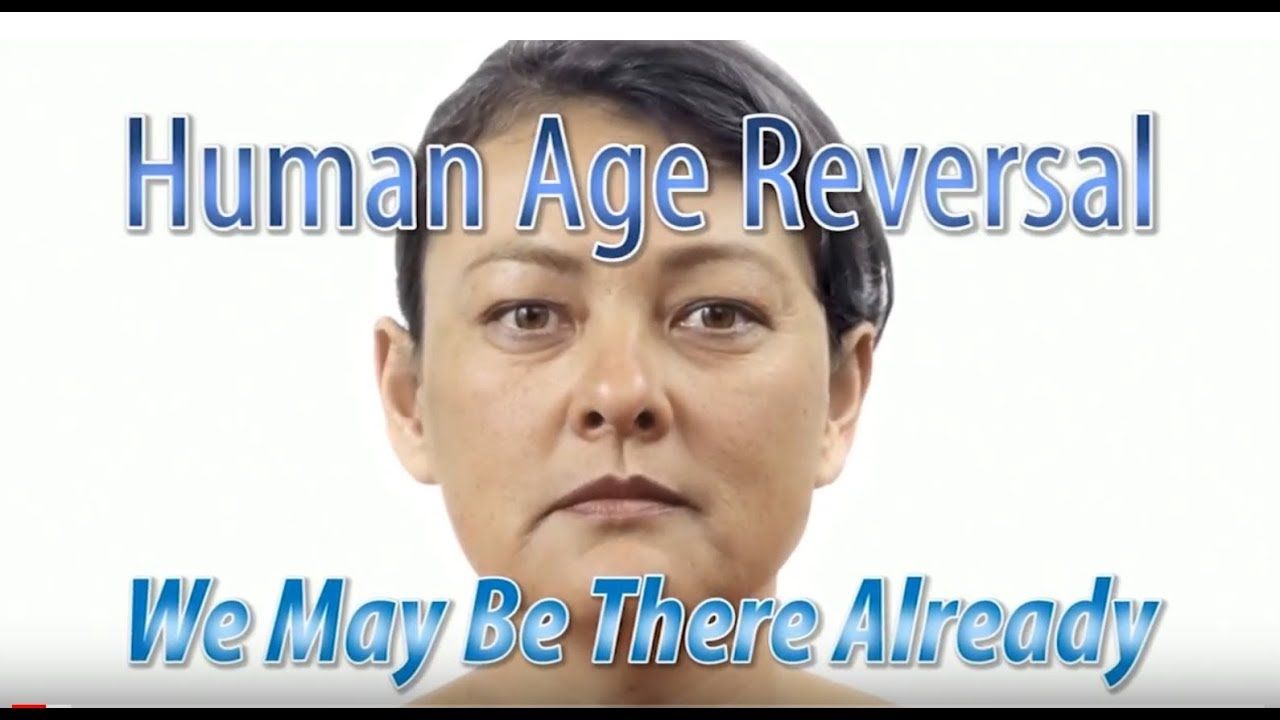The marbled crayfish is literally capable of cloning itself. The species didn’t exist 25 years ago; now they number in the millions.
It’s been a fruitful month in the fields of life extension and medical science. Here’s an executive summary of the January reports on longevity science, life-extension treatments, telomeres, Alzheimer’s disease and various medical advances.
In brief: An executive summary of the January reports on longevity science, life-extension treatments, telomeres, Alzheimer’s disease and various medical advances. [This article first appeared on the website LongevityFacts.com. Author: Brady Hartman. ]
It’s been a fruitful month, with advancements in life-extension treatments, longevity science, telomere dynamics, dementia and various medical advances.
Here’s a look back at the 23 reports of the past month.
Summary: Regenerative reprogramming of the body with injections could turn back the clock in our organs, say scientists in a Jan 2018 report. Prematurely aged mice lived 30% longer after Salk Institute researchers genetically reprogrammed their cells while still in the body. [This article first appeared on the website LongevityFacts.com. Author: Brady Hartman. ]
Imagine a time in the future when the doctor gives you the bad news: you need a heart transplant. In the past, this would be an expensive and drastic procedure. Instead, the doctor gives you an injection that rejuvenates your heart. In time, your heart eventually mends itself, reverting to the strength and vigor of your youth.
The dream is closer to reality than you think, thanks to a novel technique developed by a team researchers headed by Juan Carlos Izpisua Belmonte at the Salk Institute in La Jolla.
A new study says that our aging immune system plays a larger role in explaining cancer than genetic mutations. The new findings support the idea of rejuvenating the thymus — an essential immune system organ — as a strategy to prevent cancer.
Summary: A new study says that our aging immune system plays a larger role in explaining cancer than genetic mutations. The new findings support the idea of rejuvenating the thymus – an essential immune system organ – as a strategy to prevent cancer. [This article first appeared on LongevityFacts. Author: Brady Hartman. ]
A new study suggests that our aging immune system plays a larger role in cancer than previously thought, challenging the conventional notion that genetic mutations are the primary driver of tumors.
The research suggests that the key to cancer prevention and treatment may lie in bolstering the immune system, using techniques such as restoring thymus function, rather than addressing genetic mutations. The genetic mutations that occur as the result of DNA damage are the current focus of most anti-cancer efforts throughout the world. These new findings could have significant implications for the fight against cancer if borne out by additional studies.
Credit: University of New Mexico For years, scientists have long wrestled with the control and manipulation of light, a long-standing scientific ambition with major implications for the development of technology. With the growth in nanophotonics, scientists are making gains faster than ever exploiting structures with dimensions comparable to the wavelength of light. Scientists at The University of New Mexico studying the field of nanophotonics are developing new perspectives never seen before through their research. In turn, the understanding of these theoretical concepts is enabling physic…
Part II of the Bioquark Inc. show on Grognostics — https://www.stitcher.com/podcast/grognostics/e/53166919?autoplay=true
Dr. Aubrey de Grey, is a world-famous author and biomedical gerontologist and Chief Science Officer of the SENS Research Foundation. His acclaimed lectures worldwide, include Israel and Russia and Ted Talks.
Bill Faloon, is the highly respected author of numerous articles and books, most recently: Pharmocracy II: How Corrupt Deals and Misguided Medical Regulations Are Bankrupting America—And What to Do about It.
He is co-founder of Life Extension. — An organization in the forefront of research to induce systemic rejuvenation and age reversal.
Produced and hosted on 01-25-2018 by Richard Peritz for broadcast on ABC TV-25 and networks nationwide. Show 1050.
Summary: A new report provides good news for warding off stroke and hardening of the arteries, two diseases of aging. Combining blood-pressure-lowering drugs with cholesterol-lowering medications reduced first-time strokes by 44%, according to a report by the AHA/ASA. [This article first appeared on the website LongevityFacts.com. Author: Brady Hartman. ]
Stroke is the fifth leading cause of death in the US and a disease of aging that grows more prevalent with each birthday.
Now, a report says a new drug regimen promises to cut that risk nearly in half.









